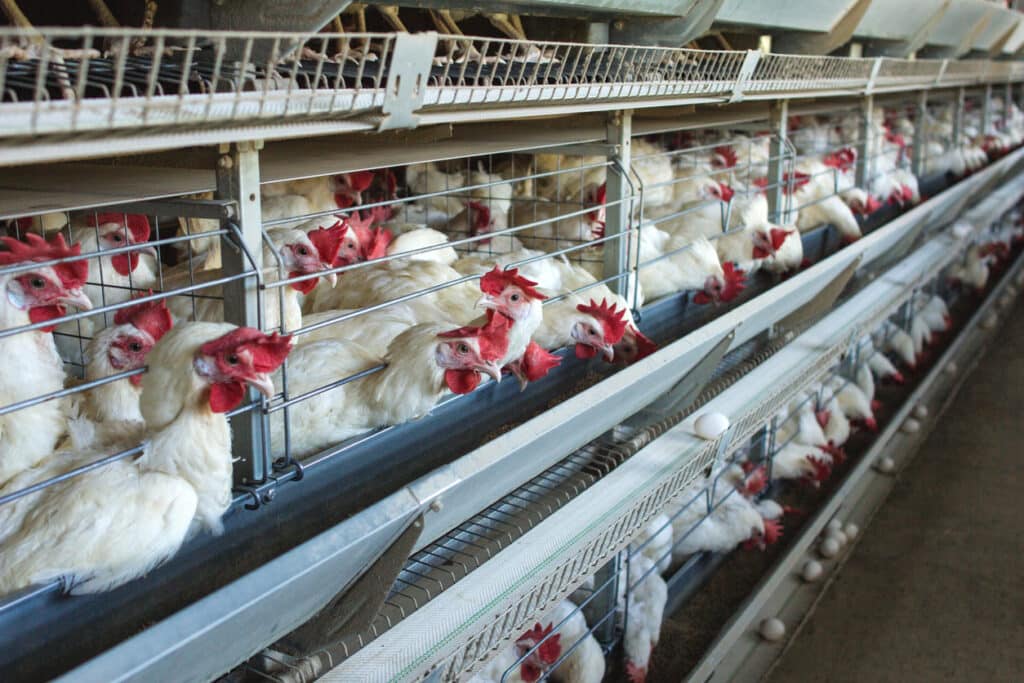On January 3, Attorney General Merrick B. Garland and Secretary of Agriculture Tom Vilsack spoke at a White House event focused on competition in agriculture. Garland and Vilsack expressed the shared commitment of the Department of Justice (DOJ) and Department of Agriculture (USDA) in “effectively enforcing federal competition laws that protect farmers, ranchers, and other agricultural producers and growers from unfair and anticompetitive practices,” according to a DOJ press release. Furthermore, Garland and Vilsack voiced support for strong whistleblower protections as a key element in policing unfair and anticompetitive practices in agriculture.
In connection with the event, the DOJ and USDA released a statement of principles and commitments. One of the principles highlights the agencies’ shared commitment to protecting whistleblowers. It reads:
“The agencies will jointly develop within 30 days a centralized, accessible process for farmers, ranchers, and other producers and growers to submit complaints about potential violations of the antitrust laws and the Packers and Stockyards Act. The agencies will protect the confidentiality of the complainants, if they so request, to the fullest extent possible under the law and also commit to supporting the strongest possible whistleblower protections.”
“The Justice Department takes very seriously the responsibility we share with our partners across the federal government to protect consumers, safeguard competition, and ensure economic opportunity and fairness for all,” said Attorney General Garland. “Over the past ten months, we have stepped up our efforts to ensure competition and counter anticompetitive practices across sectors – from airlines to insurance brokers to book publishers. And we will continue to vigorously enforce our antitrust laws, no matter the industry, no matter the company, and no matter the individual.”
“Producers all across the country for too long have faced a marketplace that benefits a few large companies over those who are growing our food,” said Secretary of Agriculture Vilsack. “This means that consumers are paying more and farmers, ranchers and producers see less of the profits. The pandemic only further disrupted these challenges across the supply chain, exposing a food system that was rigid, consolidated, and fragile. Antitrust and market regulatory enforcement is essential to enabling the competition necessary to transform our concentrated supply chains in favor of diversified, resilient food systems. These are complex, difficult areas of law, and our authorities are 100 years old or more, but I’m heartened by reaffirming our shared commitment to tackle these challenges together.”
Antitrust whistleblowers are protected under the Criminal Antitrust Anti-Retaliation Act (CAARA). The bipartisan bill was passed in 2020 and praised by whistleblower advocates. John Kostyack, then-Executive Director of the National Whistleblower Center, stated: “Creating safe, legal avenues for whistleblowers to report instances of antitrust fraud and crime is critical. Reprisal is a serious threat to whistleblowers and to our collective fight against corruption; no whistleblower should suffer retaliation for coming forward in service of the public interest.”
CAARA was criticized by some food safety attorneys, however, for failing to extend protection to whistleblowers who report violations of the Packers and Stockyards Act (PSA). The PSA was passed in 1921 and is designed to assure fair competition and fair trade practices in the livestock, meat, and poultry industries. CAARA explicitly defines antitrust laws to mean Sections 1 and 3 of the Sherman Act, and thus excludes from its protection whistleblowers who report violations of the PSA. CAARA also only extends protections to whistleblowers who report criminal antitrust violations, while PSA violations are civil violations.
According to David S. Muraskin, a food safety and health attorney, the failure to include PSA whistleblowers under CAARA “insulates industrial agriculture’s anticompetitive practices, undermining the protections Congress claims it intended.”
The DOJ and USDA’s commitment to enforcing competition laws in agriculture reflects the recent focus of the Biden-Harris administration on the issue. In July 2020, President Biden signed an Executive Order on Promoting Competition in the American Economy and on January 3 the administration announced the Biden-Harris Action Plan for a Fairer, More Competitive, and More Resilient Meat and Poultry Supply Chain.
Read:
